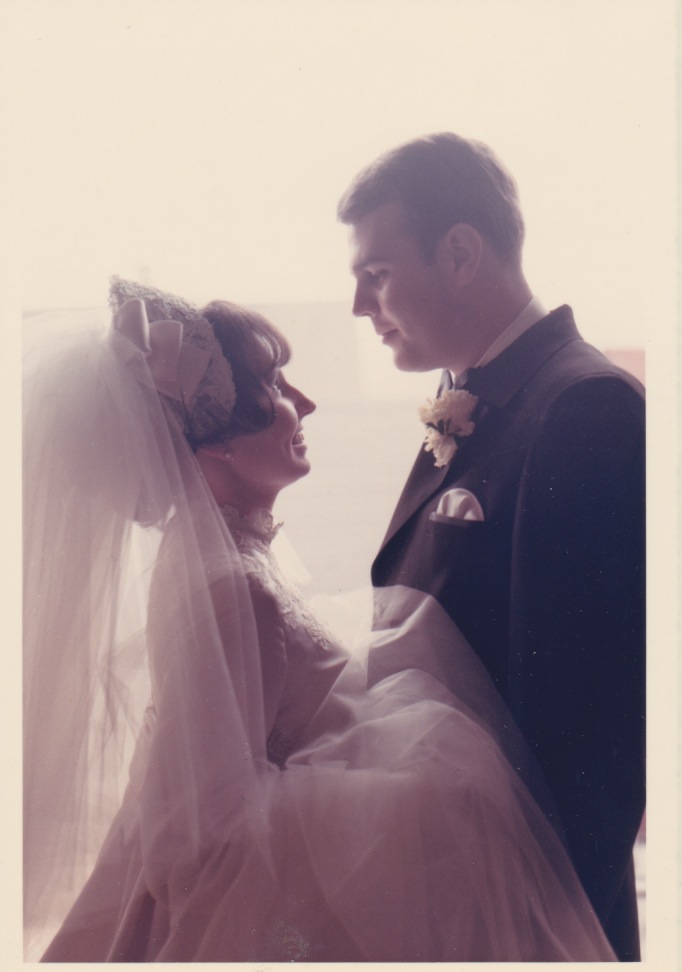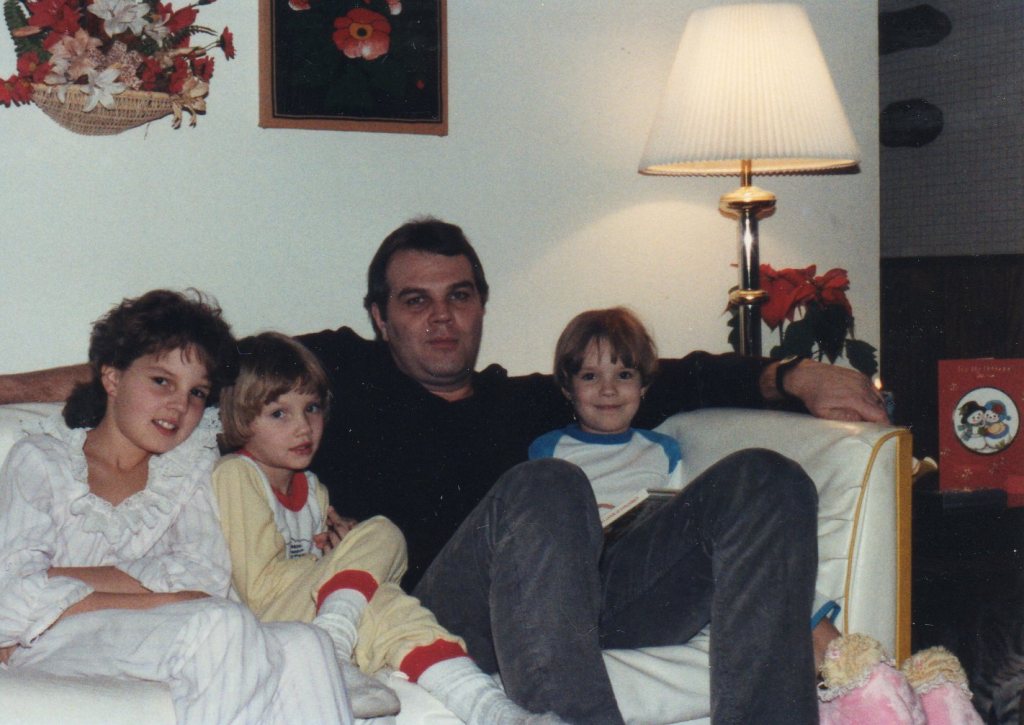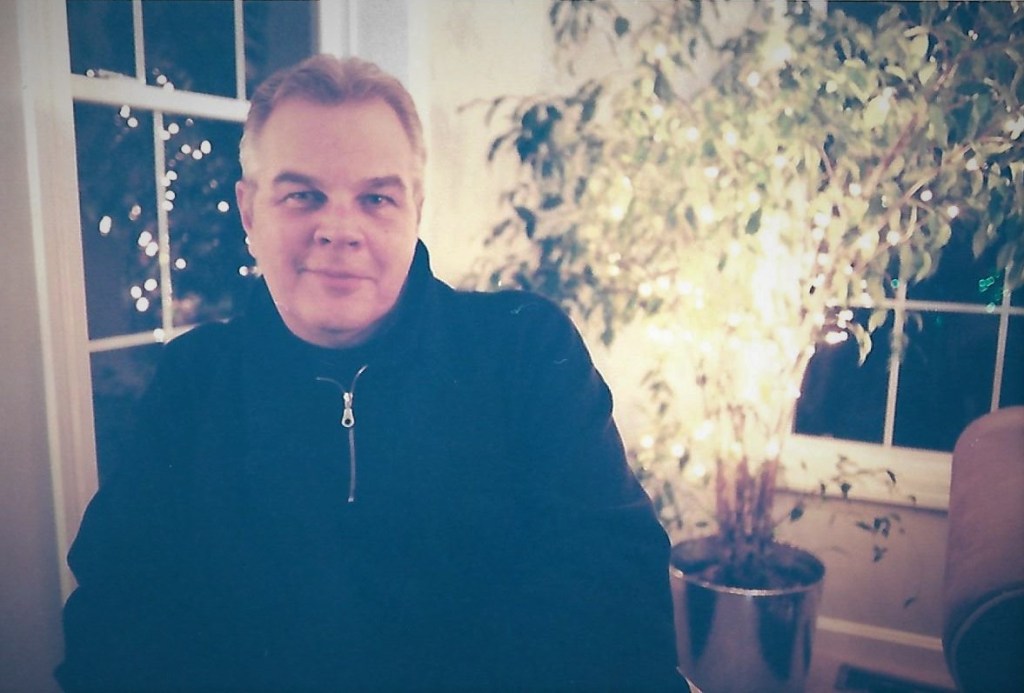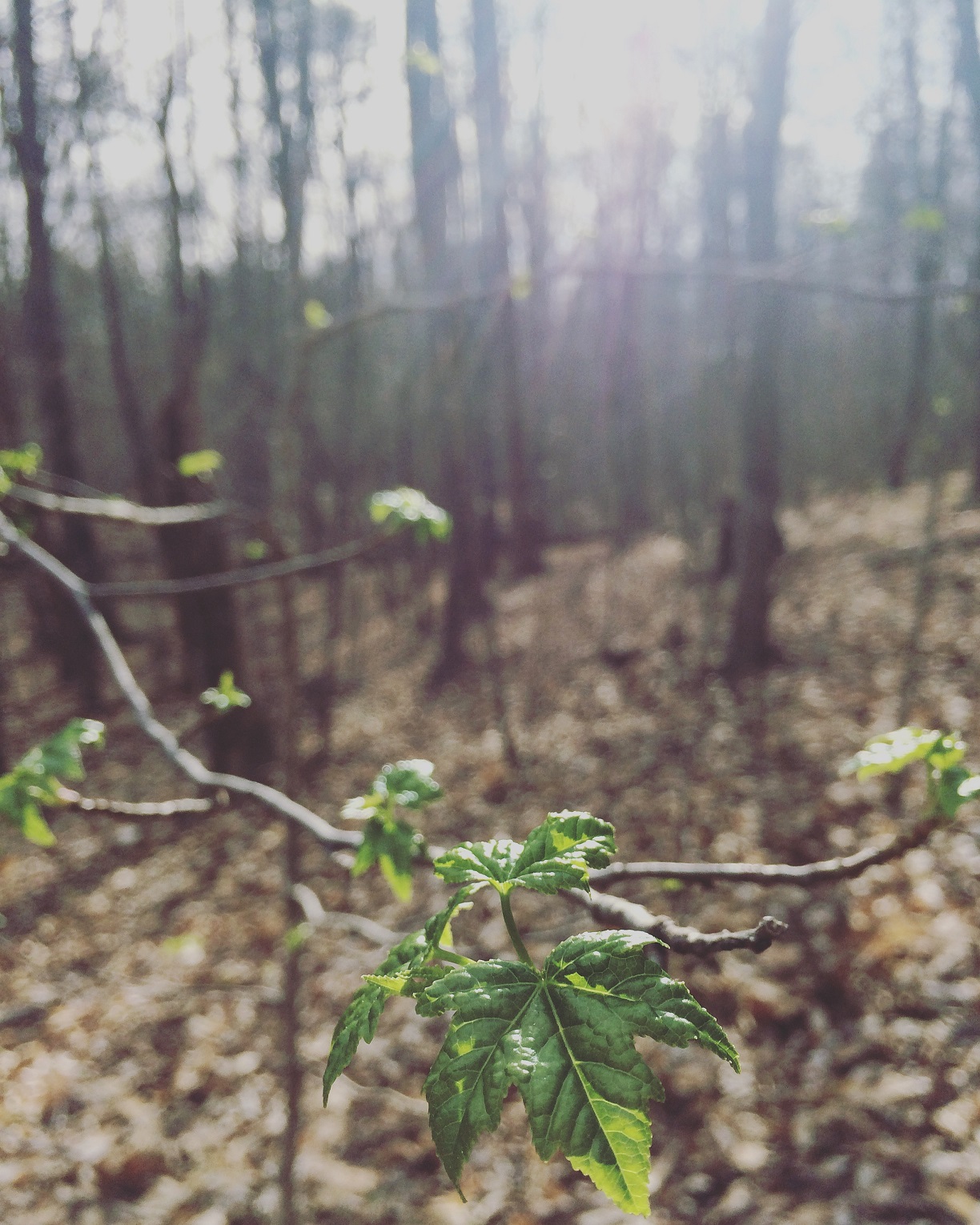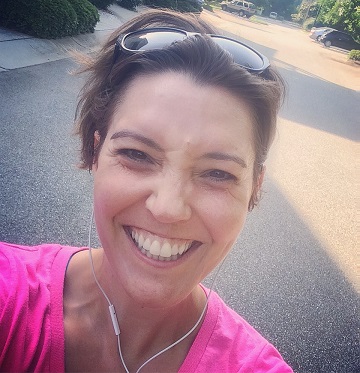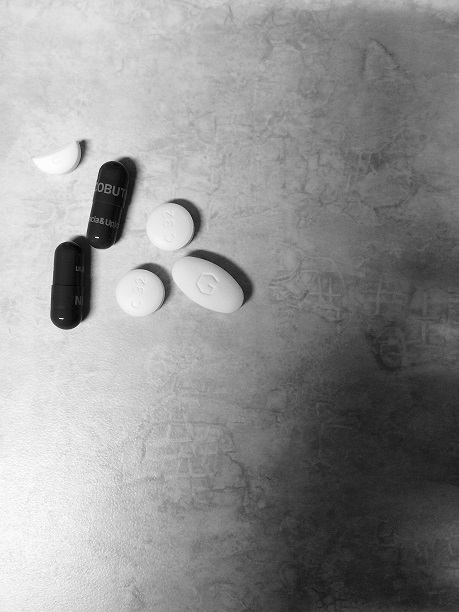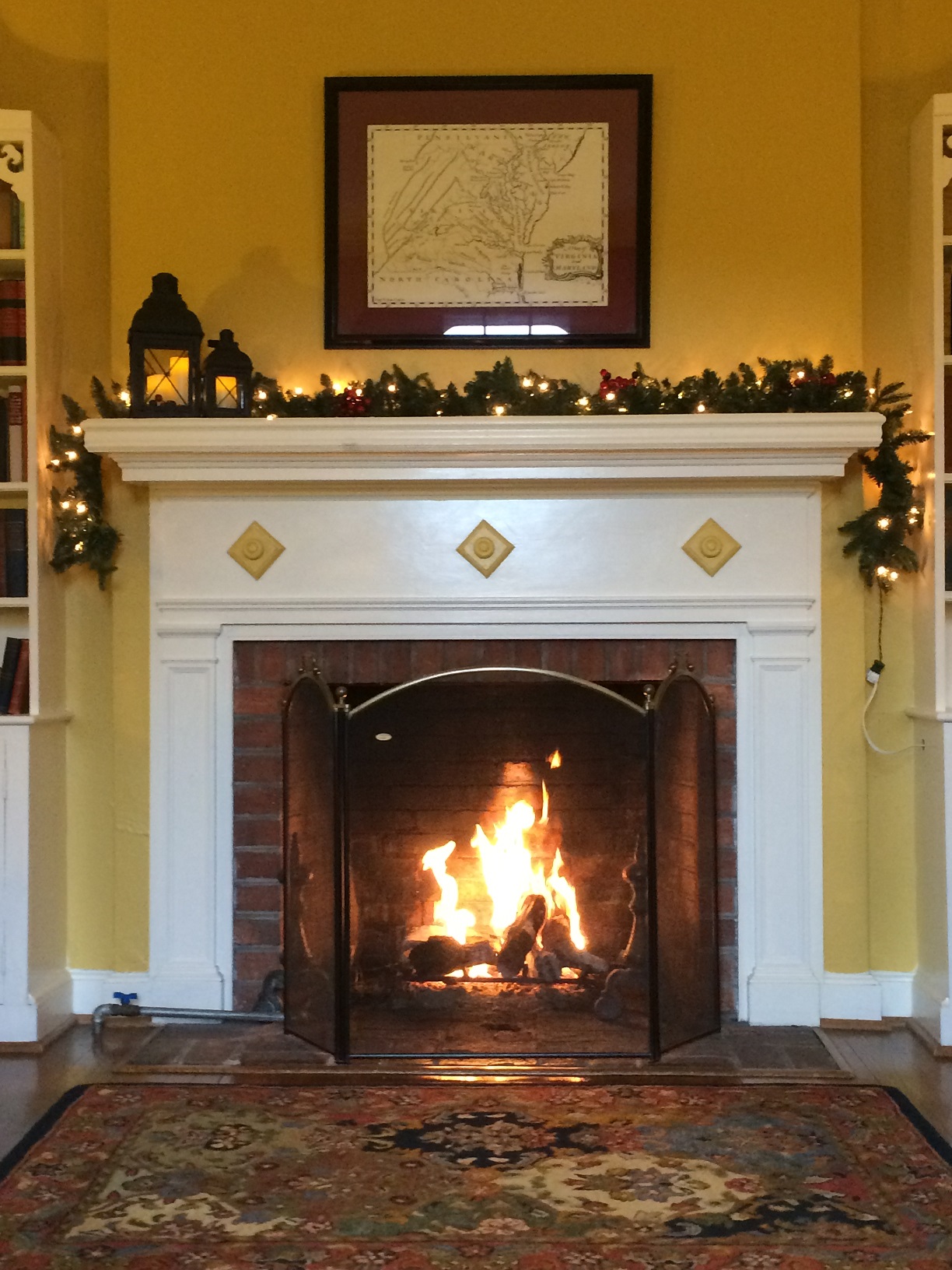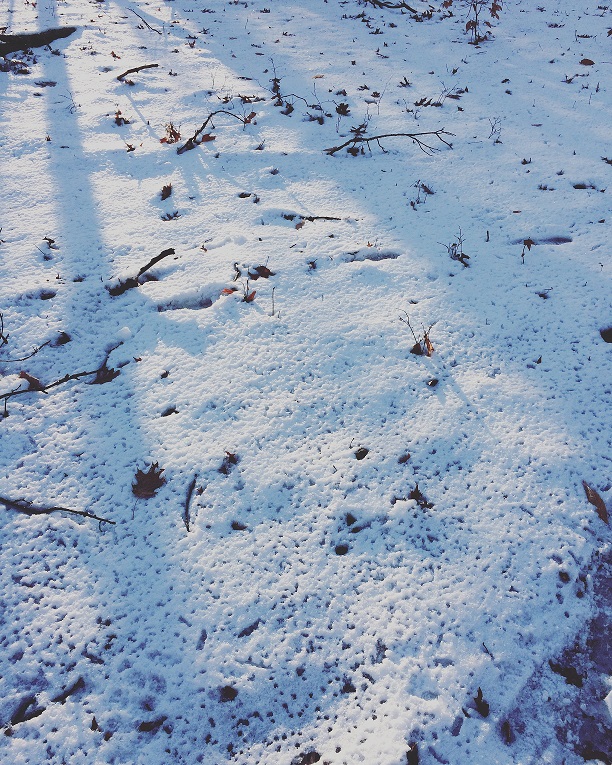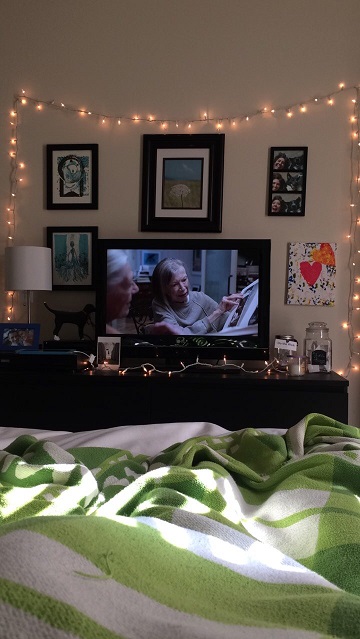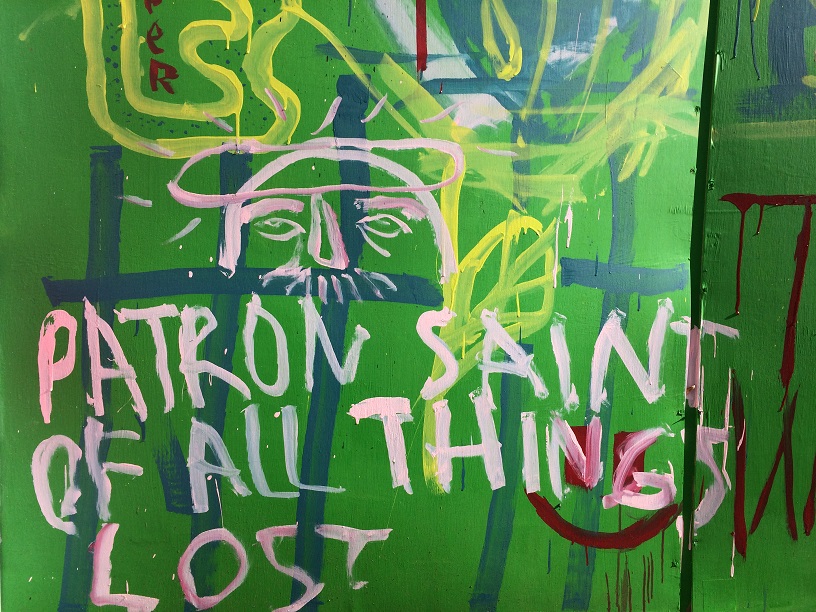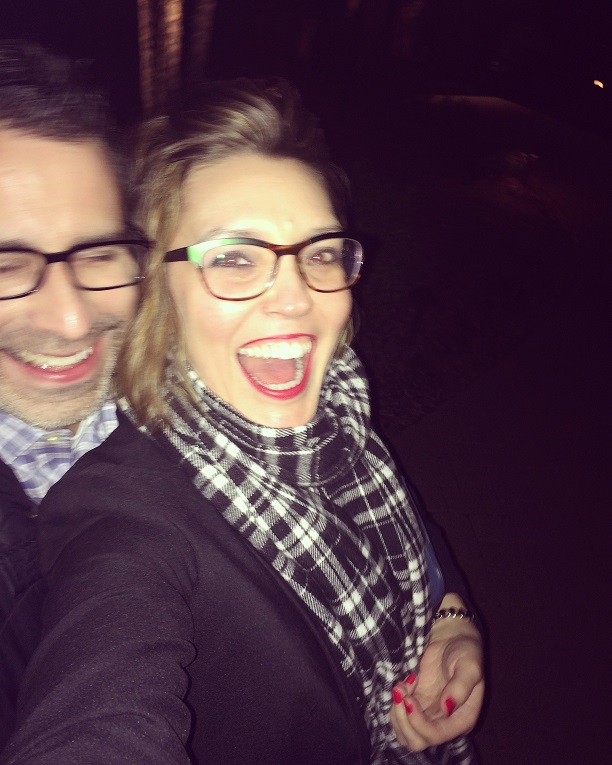February 10, 2023
The sunrise was beautiful yesterday. It reminded me of all the early mornings I spent fishing with my dad at the beach when I was growing up. The night’s blue light was beginning to fade while the sun cast its first golden rays, creating brilliant hues of pink and orange across the sky. I paused in the street to take it all in. I could almost smell the ocean salt in the air.
I can still picture my dad standing at the shore a few feet away from me with his fishing pole, looking out across the vast ocean, content and at peace. Occasionally he’d look my way to check on me and would run to my side if he saw me struggling to reel in my catch. He’d let me believe I was doing the work, even though his strong hands were guiding mine. The pride I felt from him when I would catch a fish always made me feel like I could do anything.
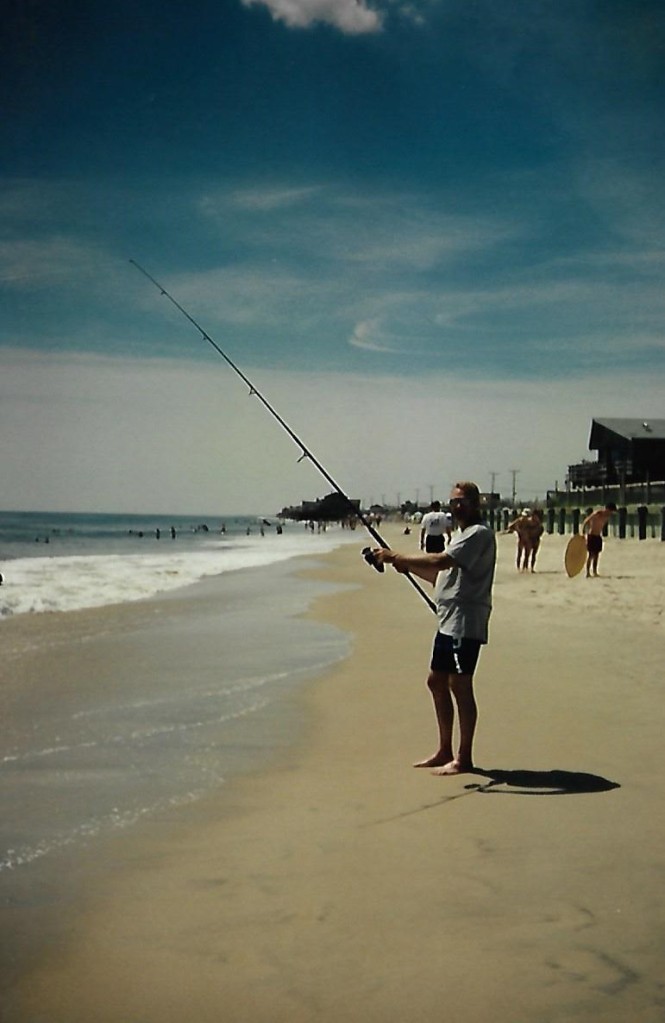
Those quiet mornings on the beach were special to me for so many reasons. My dad worked a lot to take care of the four of us, so any opportunity I had to spend one-on-one time with him felt like a gift. I was always looking for ways to connect with him and learn from him. Dad was a patient teacher and he got so much enjoyment from sharing with others the things he loved. Now, as an adult, I realize my dad was giving me more than just fishing lessons.
My dad taught me how to truly be present in the moment and appreciate the beauty of nature and life, but most of all each other. He taught me that you didn’t have to talk to connect, that simply sharing space and being present with another person can be more powerful than words. Those values have shaped me and guided me in my life, especially these past few months.
Toward the end of my dad’s life, I saw so much of what he has given me reflected back to him through my own actions. Our time together became all about presence, patience, unconditional love and being in the moment. It was a cold washcloth on the head. Encouraging him and cheering him on when he walked 13 feet. Feeding him a spoonful of canned peaches. Playing his favorite music artists—Elvis, Jackson Browne, Sinatra—singing to him hoping he would remember the lyrics, dancing around the room to make him laugh. Wiping away his tears. Sitting next to him in bed just holding his hand in the quiet of his hospital room.
I don’t think I truly knew what love was until my dad got sick.
No one took better care of him than my mom. I always felt and saw the love between my parents. But it was so much more apparent these past few months. It was heartbreakingly beautiful to watch the tenderness between them. My dad lit up every time she walked into the room. “Hello, sweetheart,” he would beam. My dad was happiest when he was with my mom. He worried about her and always told me as I was leaving: “Take care of your mother.” He never stopped wanting to protect us.
My dad was my family’s anchor. A steady, constant, and loving presence in not just our lives, but everyone who had the pleasure of knowing him. He was selfless, always thinking of others. Even in the work he did, he always talked about taking care of his people. Throughout his career, he had to carry out layoffs and shutdowns of manufacturing plants, which weighed heavy on him. He did everything he could in his power to save peoples’ jobs and their families and delivered the difficult news with empathy and grace.
He also had a wonderful sense of humor and a silly side. One time he auctioned off items from his closet to my sisters and I with real money. We never knew what we were bidding on because he would hide it behind his back and talk it up in a way that convinced us we had to have it. One of my sisters ended up with a tie rack. There were some tears when it was time to pay up and some of us didn’t have enough money in our piggy banks. I’m pretty sure I remember my mom yelling at him when she got home.
My dad would get extra silly on Saturdays when he was in charge of taking care of us while my mom was at work. My sisters and I loved Saturdays with my dad. He made ordinary trips to the grocery store fun. The toilet paper aisle was our favorite. My dad would pause in front of the towers of Charmin and ask “Do we need toilet paper girls?” and we would provide an emphatic yes as my dad intentionally reached for the toilet paper at the bottom of the stack as we watched all the packages tumble to the floor in a heaping mess. Then he would nonchalantly exit the aisle with his shopping cart while saying “You girls better pick that up. You’re gonna get it.” Sometimes we’d laugh, other times we’d frantically and nervously put the toilet paper back on the shelf out of fear we’d get in trouble.
My dad told me once that being in the Navy taught him discipline. He said “You could withstand almost anything and get through it.” My dad was the strongest and bravest person I’ve ever known. He survived un-survivable things. His resiliency astonished everyone, even his doctors. Part of that may have come from the Navy, but I believe my dad’s strength was innate. That strength and all the other beautiful parts of him will live on in me, in my sister Gina, in my sister Amanda, and my dear nephews Aiden and Dylan. My dad said it perfectly: “We will continue on together.”
The night my dad died, my family and I walked outside of Hospice House into the cold February air with broken hearts. I looked up and saw a full moon glowing brightly in the night sky.
It made me think of years ago, after a tearful goodbye with my dad, a text he sent me as he was boarding his plane. It read:
“The same moon that shines on you shines on me. Let’s stay connected.”
****
Chester Stanley Kucinski, Jr.
February 18, 1947- February 6, 2023


